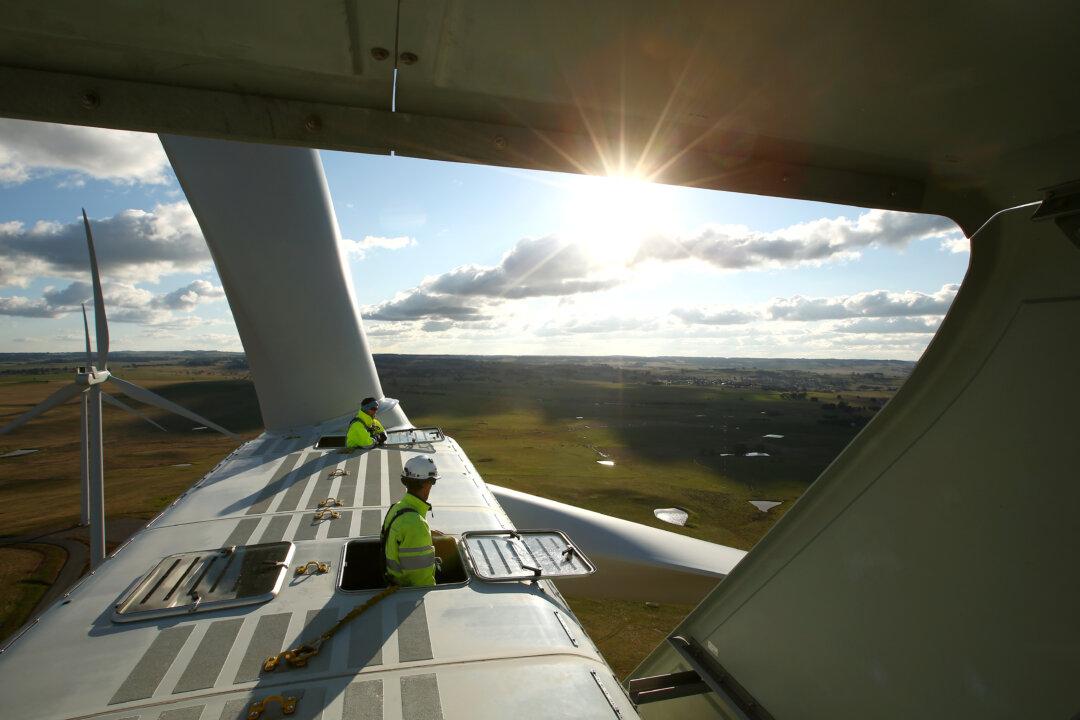An increasing number of Australians now believe that the renewable energy transition is having a negative impact on energy prices in the country, a new survey has found.
The Australian branch of the global market research company Ipsos has released a survey (pdf) that provides a snapshot of Australians’ attitudes and opinions about the energy transition pushed by the government and political parties.





